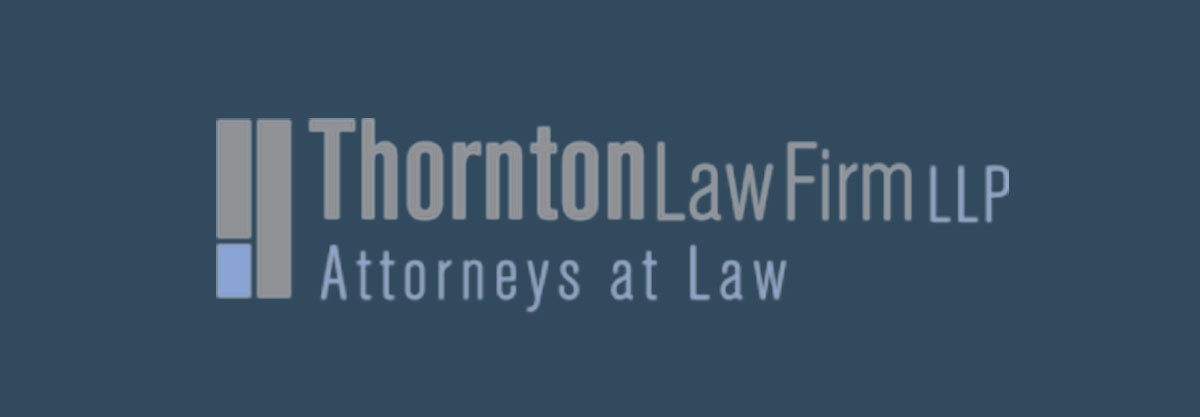Governor Patrick has just signed into law a new bill changing two important rules governing jury trials. Chapter 231 of the General Laws is amended to allow either party to a lawsuit to suggest to the jury a specific amount that can be awarded in damages. The amendment to M.G.L. Chapter 234 will allow lawyers to participate in voir dire, the questioning of jurors before they are seated.
Before the new law was passed, lawyers were not allowed to tell jurors the specific amount they thought should be awarded for things like personal injury, pain and suffering, emotional distress, loss of consortium and wrongful death. The lawyer could use a figure for something that could be measured – like medical bills or property damage – but could not use a dollar amount in asking the jury to place a value on non-economic damages. The new law will assist lawyers and jurors in coming up with fair awards. It will allow for more transparency in trials and give jurors more information, so they are not left guessing how best to value their verdicts.
The new damages rule also allows lawyers to discuss workers compensation payments as part of a jury trial. We have found that jurors, not given any information about workers compensation, would often go into the jury room and reduce their verdict by the amount they believed the injured person had received in workers comp benefits. Most people are not aware that a worker’s compensation insurer has a lien against any trial recovery. This means that rather than getting both the jury verdict and workers compensation, the law requires that a jury verdict be reduced by the workers compensation benefits. Now jurors can be told explicitly that worker’s compensation will be subtracted from their award. Again, this will lead to equitable, fair verdicts.
Voir dire is the legal name for the questioning of jurors before trial to find out if they are competent to serve as jurors, or if they are prejudiced in some way. In Massachusetts for decades voir dire has been conducted by judges alone. Lawyers could suggest questions we thought should be asked, but judges did not have to use them. The new law will allow lawyers to question jurors directly and find out whether a juror is biased against their clients.
The monetary amount section becomes effective in 90 days and the voir dire section becomes law in 150 days.
Massachusetts Academy of Trial Attorneys (MATA) President Charlotte E. Glinka of Keches Law Group remarked: “The Massachusetts Academy of Trial Attorneys and The Massachusetts Bar Association (MBA) worked closely together for a long time to get this law passed. We are confident these changes will strengthen plaintiffs’ rights to fair jury trials in Massachusetts.”
Thornton Law Firm has represented plaintiffs in complex personal injury and wrongful death claims since 1978. If you believe you have a personal injury claim, tell us your story here, or contact one of our Boston personal injury lawyers at 888-491-9726. All consultations are free and kept in the strictest confidence.

